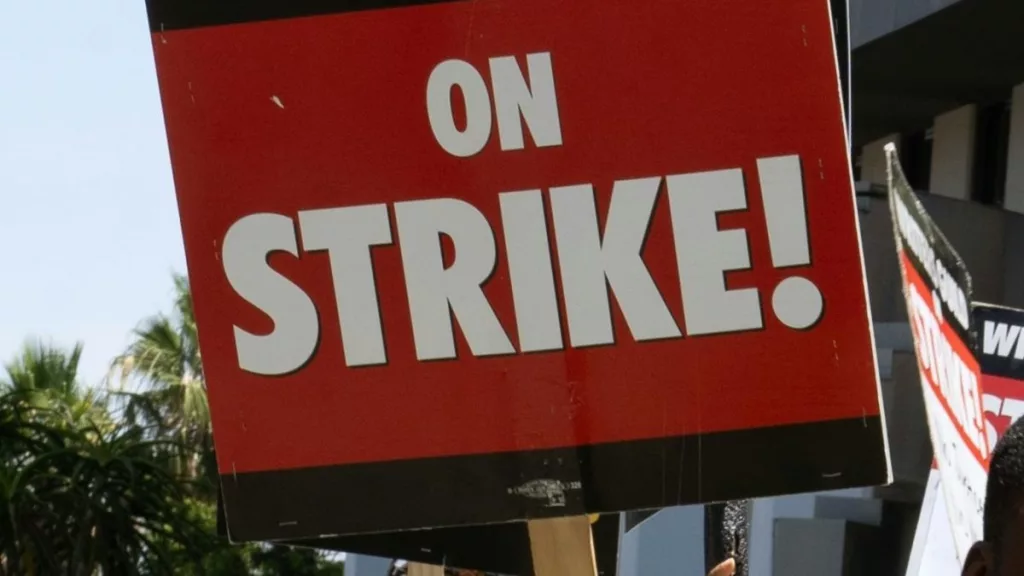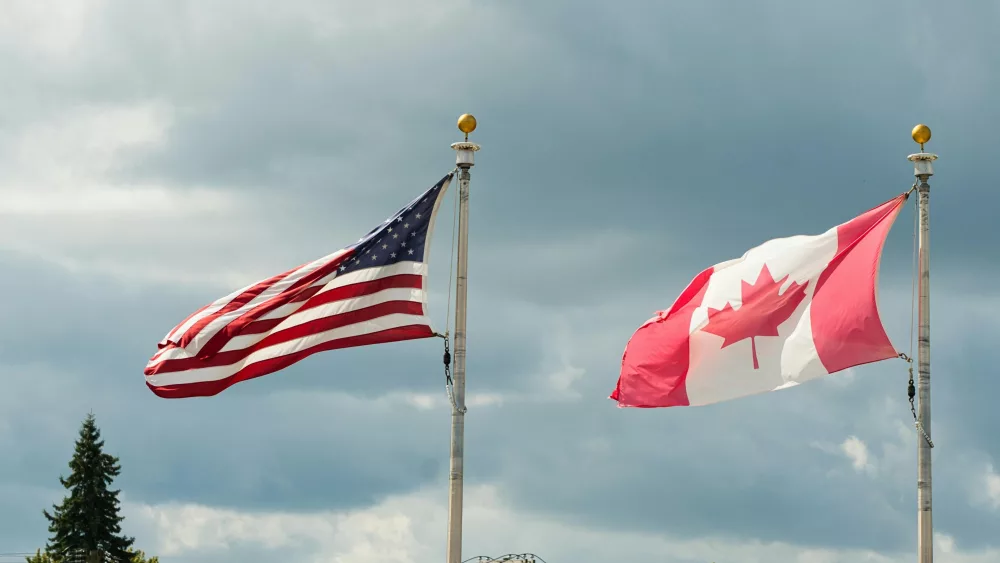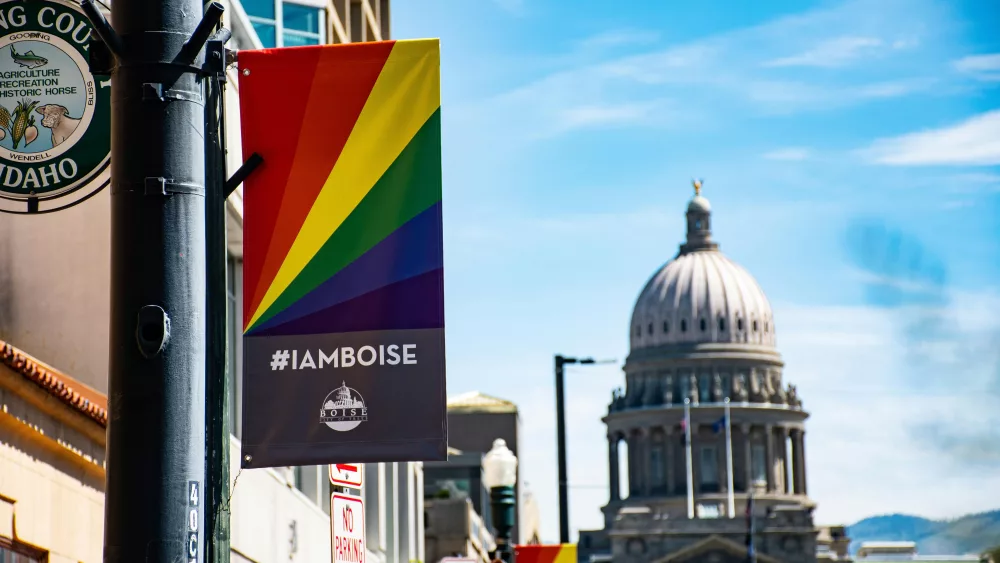OLYMPIA, WA – Organized labor secured a major win Saturday as Democrats in the state House pushed through legislation to provide striking workers in Washington with unemployment benefits.
But union leaders were not all smiles afterward. The bill was amended on the floor to impose a four-week limit on receiving benefits, eight weeks less than the version approved in the Senate.
Senate Bill 5041 passed the House on a 52-43 vote with seven Democrats joining Republicans in voting against the measure.
The Senate must now decide if it will agree with the revisions or insist on its position. When the bill came up for a vote last month, Senate Democrats narrowly defeated an amendment for a four-week limit before passing the bill 28-21.
New Jersey and New York are the only states with such provisions for striking workers. Oregon lawmakers are debating legislation this year that would offer unemployment benefits to striking workers there.
On Saturday, Democratic lawmakers said the bill ensures workers who choose to walk off the job will be less stressed about going without pay and seeing their finances erode in a lengthy dispute. With the threat of economic hardship eased, workers will be in a better position to endure lengthy negotiations.
“Fundamentally, this takes a step to level the playing field for striking workers,” said Rep. Beth Doglio, D-Olympia.
Republicans argued that providing benefits would be an incentive for union workers to strike. They tried unsuccessfully to amend the bill to exclude public school teachers and hospital workers.
“If you are paying people to strike, you will have more strikes,” said Rep. Jeremie Dufault, R-Selah.
The policy only assures a level of benefits is available “for workers when they do go on strike,” said Rep. April Berg, D-Mill Creek. “The state is not paying workers to strike.”
Rep. Jim Walsh, R-Aberdeen, said the bill is unfair because taxpayers and businesses with no involvement in a labor disagreement will have their contributions to the unemployment insurance fund go to striking workers.
“People who are not a party to the disagreement will pay for it,” he said.
As written, a striking worker would become eligible for benefits on the second Sunday following the first day of a strike, provided that the strike is not found to be prohibited by federal or state law. Workers would be subject to a one-week waiting period after they become eligible for benefits.
If a strike is determined to be prohibited by state or federal law, any benefits paid are liable for repayment.
Employees would also qualify for unemployment insurance during employer-initiated labor lockouts. Lockouts are one way management can pressure a striking workforce during contract negotiations.
Rep. Kristine Reeves, D-Federal Way, authored the amendment for the four-week limit on receiving benefits. It passed on a voice vote. Normally, unemployment insurance is available for up to 26 weeks in a one-year period.
If the bill becomes law, the changes would take effect Jan. 1, 2026, and last through Dec. 31, 2035.
This story was first published on Washington State Standard.





